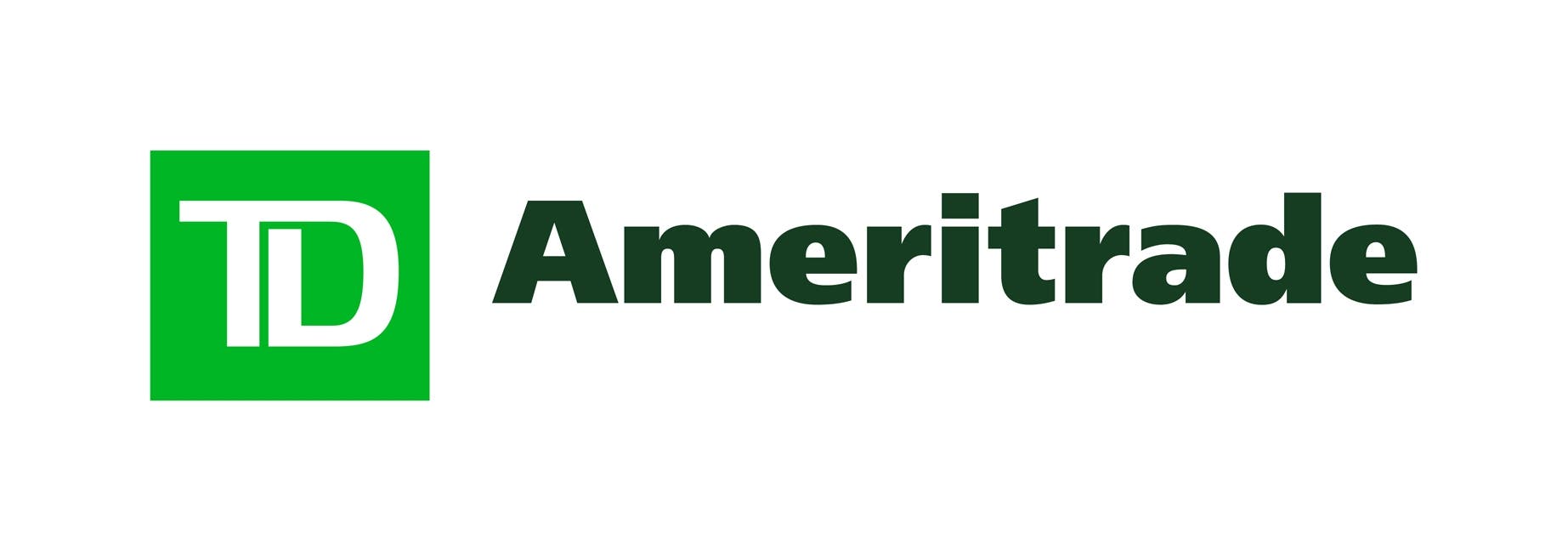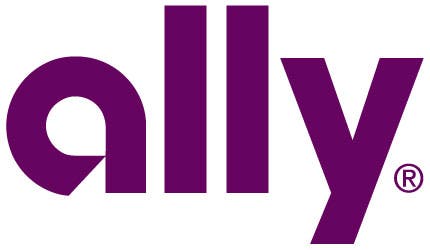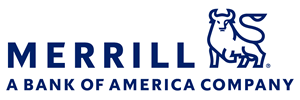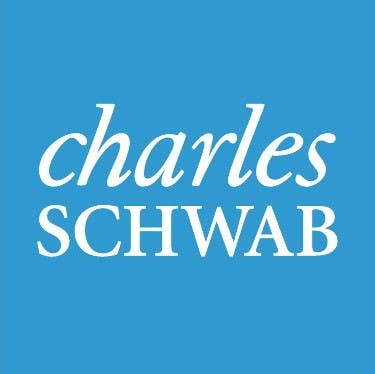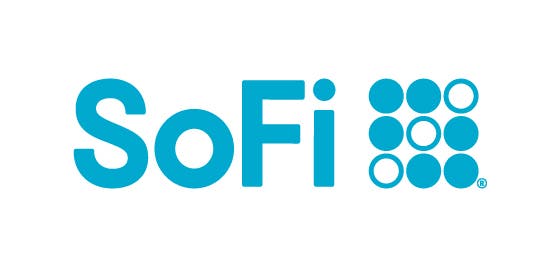TradeStation® review 2024
The Bankrate promise
At Bankrate we strive to help you make smarter financial decisions. While we adhere to strict , this post may contain references to products from our partners. Here's an explanation for .
TradeStation: Best for
- Active trading
- Trading platform
- Options trading
TradeStation squarely aims for active and advanced traders, offering features such as trading platforms, securities and tools that this demographic is likely most interested in. Commissions are low on stock, ETF and options trades, while trading platforms come with a variety of technical tools, and the broker’s focus on trade execution may be worth some of the extra fees or other smallish drawbacks. For example, TradeStation does not offer fractional shares or any non-transaction-fee mutual funds, unlike many rivals. Limited research and education resources may be a turn-off to newer investors as well, though more experienced investors won’t likely find these off-putting.
Advanced traders should also have a look at Interactive Brokers, which also focuses on trade execution and trading platforms. Those looking primarily for mobile trading with some crypto on the side may favor Robinhood or Webull. Newer investors may end up still preferring all-arounds picks such as Fidelity Investments and Charles Schwab.
We want to know what you think about TradeStation
Do you have experience with TradeStation? Let us know your thoughts.
TradeStation: In the details


Pros: Where TradeStation stands out
Trading platforms
TradeStation offers a pair of platforms — one desktop and the other web-based — that bring the power of the broker to the forefront.
The desktop platform is the flagship and offers a fully customizable experience that should appeal to professional traders. Traders can use the broker’s own built-in charting indicators or create their own. The platform features more than 180 technical and fundamental indicators, and you can create your own, too. Plus, decades of historical data allow you to backtest any strategy you develop. The capabilities go on and on. The web-based platform offers the core functionality of the desktop platform but will be easier for less-experienced investors to navigate. This platform also provides streaming real-time quotes, one-click trade execution, dozens of technical studies, historical market data, streaming market data, watchlists and more.
In addition, the broker offers a mobile trading app called TradeStation Mobile that allows you to analyze charts with technical indicators, including many from the desktop platform. You can also monitor a watchlist of securities with streaming quotes as well as place trades, among other functions. You’ll also be able to see detailed options pricing with up-to-the-second data and set up trade alerts based on technical factors that you’re watching.
Trading tools
OptionsStation Pro: This well-regarded tool allows you to evaluate your option positions or potential strategies. OptionsStation Pro provides a graphic visualization of a strategy’s profit and loss, and you’ll be able to set up options trades quickly and efficiently, even multi-leg options. The tool is incorporated into TradeStation’s desktop trading platform for ease of use and is available on the broker’s TS SELECT platform at no additional cost.
Portfolio Maestro: This backtesting tool provides portfolio-level reporting on your performance, analyzing the risk of your holdings, and can optimize the portfolio for almost any combination of holdings. Portfolio Maestro helps you reduce your downside and avoid overexposure to risks across the portfolio. It’s also integrated into the broker’s high-powered desktop trading platform, and is available on the broker’s TS SELECT platform at no additional cost.
Trading commissions
TradeStation offers a simplified pricing plan that gives customers access to low commissions, multiple trading platforms and real-time data.
TS SELECT: TradeStation offers competitive commissions on stock and ETF trades as well as undiscounted options commissions that are among the best in the industry from a full-service online broker. The broker charges $0 commissions for stock and ETF trades, putting it right in line with other major rivals such as Fidelity Investments and Charles Schwab, though it doesn’t offer all their benefits (see more below).
With this plan, you’ll pay $0.60 per contract for options trading and receive access to all the broker’s trading tools, such as OptionsStation Pro and Portfolio Maestro, via the TradeStation desktop platform at no additional charge. For options, the industry standard is $0.65 per contract, so TradeStation beats that figure by $0.05 per contract.
TradeStation does not have an account minimum.
Tradable securities
TradeStation delivers the range of securities that you’d expect from a broker geared toward advanced traders. In addition to the usual offerings of stocks, bonds, ETFs and mutual funds, investors can swap futures contracts and futures options, too. The only major category missing is forex, a rarely offered asset class, and TradeStation also offers cryptocurrency trading.
Cryptocurrency trading
Unlike many brokers, TradeStation offers direct cryptocurrency trading, allowing traders to buy and sell Bitcoin, Ethereum and USD Coin – a much reduced selection from years prior.. And unfortunately, pricing on crypto trades has become less attractive than it used to be, too, with the broker moving from a commissions model to a spread markup model.
In effect, this shift allows the broker to claim that it’s charging no commissions even as it builds in profit via the markup. TradeStation now says that it charges “no more than 1%” on its spread markup, a level that is not especially compelling, given low-cost alternatives such as at Interactive Brokers or the best crypto exchanges.
You’ll be able to trade your assets or withdraw them at any time without penalty. The broker has its own trading platform for crypto, with one-click order entry, charting, pricing from multiple markets and more features.
In late 2021, TradeStation rolled out the ability of IRAs to trade cryptocurrency. So clients will be able to trade this high-risk product in their retirement accounts, if they so decide.
Cons: Where TradeStation could improve
Mutual funds and fees
The broker offers funds from more than 50 fund families, including some of the largest and most popular such as Vanguard, Blackrock and Fidelity. However, its list of available funds is decidedly thin, with around 2,000 offerings, in comparison to more than 10,000 at some other brokers. That said, TradeStation does include many of the top fund companies, so you’ll still likely find what you’re looking for.
And unlike other brokers, which offer literally thousands of mutual funds without a transaction fee, it’ll cost you $14.95 to buy and sell a fund at TradeStation. Many large brokers, including Fidelity and Vanguard themselves, have thousands of funds without a transaction fee. So TradeStation is not well-suited to mutual fund investors.
Bonds and bond pricing
It’s hard to say that TradeStation offers trading in bonds, though in a technical sense it does, albeit with unattractive pricing. You’ll be able to buy and sell U.S. Treasury securities here for a steep $50 a trade. When it comes to corporate and municipal bonds, you’ll only be able to sell and close out a position – at $14.95 plus $5 per bond – if you transferred over the bonds from another broker.
Compare that to no commissions for trading Treasurys at Schwab and $1 per corporate and muni bond, with a $10 minimum per trade. So TradeStation is just not a good fit if you’re looking to add individual bonds to your portfolio, though it will be fine if you’re adding bond ETFs, which trade for the broker’s commission-free rate.
No fractional shares
TradeStation does not support fractional shares, either as purchases or dividend reinvestments. That may not matter for the active traders who are likely to find TradeStation an attractive partner, but beginning investors likely won’t find it an endearing characteristic in a new broker.
Account fees
TradeStation can hit you with a number of costly account fees:
- The broker charges a $10 inactivity fee per month if you don’t trade at least ten times in the prior 90 days or maintain an average end-of-month equity balance of $5,000. While this fee is not especially tough to avoid, other major brokers have eliminated inactivity fees entirely.
- The broker levies a $35 fee annually for any IRA accounts.
- The fee for terminating an IRA is $50.
- An outgoing account transfer costs $125, the highest of all the brokers surveyed by Bankrate.
- Annual crypto admin fee of $100 in an IRA
While they may not encounter these fees all that often, customers will likely find them pesky when they do. And virtually no other broker has an inactivity fee or an annual IRA fee these days. Heck, Fidelity and Interactive Brokers don’t even charge you to transfer out your account.
Research and education
TradeStation provides very limited research offerings and reports, all while leaving investment selection largely up to the investor. That may be fine if you’re an advanced or professional investor and have already developed resources to fill this need. You’ll know what you want, but newer investors will likely need more guidance. That said, you’ll have access to a number of screeners that may help whittle down the field of interesting securities for you.
And if you’re a new investor and looking for investing education, TradeStation’s limited abilities here may not suffice. It does offer various webinars on trading and other features, but overall the education pickings are slim here. A number of other brokers make it much easier for newer investors to get up to speed and learn what to do.
Review methodology
Thank you for sharing your experience with Bankrate

